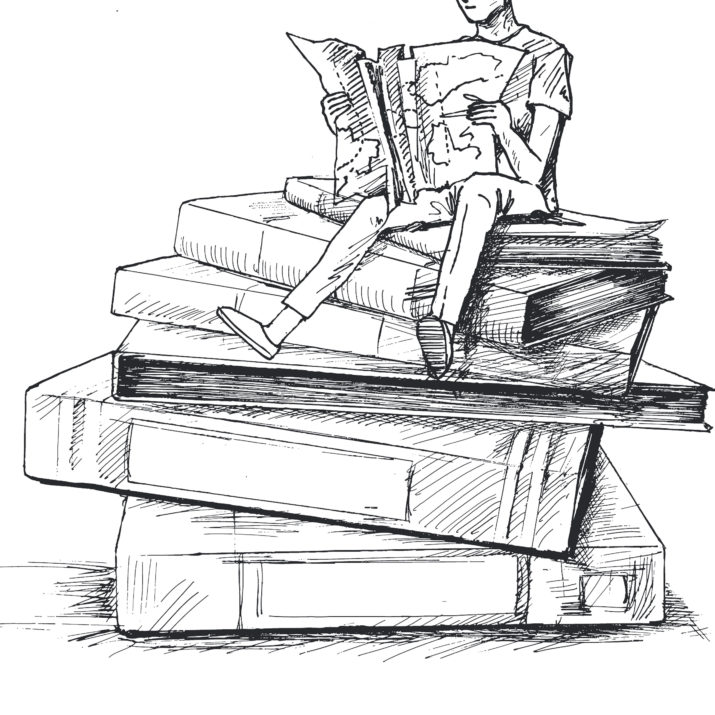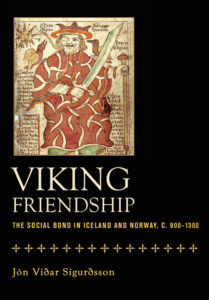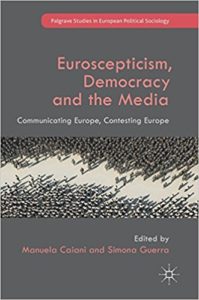
Zero Degrees: Geographies of the Prime Meridian
by Charles W. J. Withers
Publisher: Harvard University Press
Recommended by Hélène B. Ducros
This book describes why 1884 is one of the most important dates in global history. It is that year that the prime meridian was selected in Washington during the International Prime Meridian Conference. The 0° longitude line was chosen among the over twenty meridians that had been in use throughout the world until then, from Paris to the Canary Islands or Giza. Highlighting competing metrologies, the volume explains why the choice of this single ruling line changed the way the world came to relate to scale, time and space, addressing prevalent “confusion in geography” to resolve some of the measurement difficulties encountered by cartographers, navigators, and astronomers in their reading, representation, and control of the globe. However, showing that, beyond scientific necessity and desire for modernity, the Greenwich Meridian came out of a complex and contentious political process, the book also contends with the “afterlife” of the Conference. It reveals that all problems of measurements and planetary adoption of the single line were not solved when internationalization of scientific knowledge bumped against national identities, self-determination aspirations at the end of the 19th century, customary geographical and astronomical practices, and local histories and institutions. Today, as computers prompt us to click on a time zone every time we travel, we take the authority of 0° for granted. Yet, as Charles Withers skillfully demonstrates, the prime meridian can be envisaged as the pursuit of the ultimate universal common good, an early realization of cultural, technological and political globalization, emerging out of fascinating scientific impulse and reasoning, strategic diplomacy, and nationalistic power struggles.

Viking Friendship: The Social Bond in Iceland and Norway, c. 900 – 1300
by Jon Vidar Sigurdsson
Publisher: Cornell Press
Recommended by Kelly McKowen
When one imagines the Vikings, one does not see a friendly bunch. The Scandinavian marauders that menaced Europe between the 8th and 11th centuries visited havoc on the continent’s coasts and along its rivers, earning a reputation for brutality that has echoed through the subsequent centuries. In a new book, however, Viking Friendship: The Social Bond in Iceland and Norway, c. 900 – 1300 (published in Norwegian in 2010), Icelandic historian Jon Vidar Sigurdsson casts the Vikings and their medieval progeny in a new light. Via a textured reading of the sagas and other sources, Sigurdsson argues persuasively for seeing friendship—and its attendant rituals, such as gift-exchange and feasting—as a key instrument of peace-making, social mobility, and the acquisition of power and wealth in medieval western Scandinavian society. Sigurdsson’s own theoretical “friendship” with the anthropologist Marcel Mauss is a profitable one, as the book works in the Maussian tradition to demonstrate how Icelanders and Norwegians achieved social cohesion through the constant production and conservation of vertical and horizontal relations based on reciprocity. In doing so, it builds a strong case for seeing friendship—rather than kin-based ties—as the most significant social bond in Iceland and Norway during period of study. Viking Friendship is a well-written and meticulously researched book that will appeal to readers interested not only in the social and cultural history of medieval Scandinavia but in social relations and networks more generally.

Euroscepticism, Democracy and the Media: Communicating Europe, Contesting Europe
Edited by Manuela Caiani and Simona Guerra
Publisher: Palgrave MacMillan
Recommended by Mihai Sebe
The novelty of this volume resides in the analysis of the attitudes of various types of political actors (citizens, political parties, social movements) towards the European Union in correlation with the role of the media, either traditional or new. In the last few years, the media has become an arena where political actors express their feelings and at the same time contest the European status quo. The media is also increasingly an instrument that empowers European citizens, either by facilitating their access to information or by increasing their desire to participate in civic life.
The volume tries to provide an answer to a series of research questions on the relationship between media and the attitude towards Europe, the media being either a facilitator or an obstacle towards European democracy. The book focuses on the spread or Euroskepticism in Europe, beyond party systems and across civil society, focusing on the role of media negativity and the media coverage of the EU in times of crisis, when Euroskepticism seems to have become mainstream. Another plus of this volume is the analysis of the impact of the internet and social media on Euroskeptical movements, and how they are used to contest EU legitimacy.
Published on May 2, 2017.




